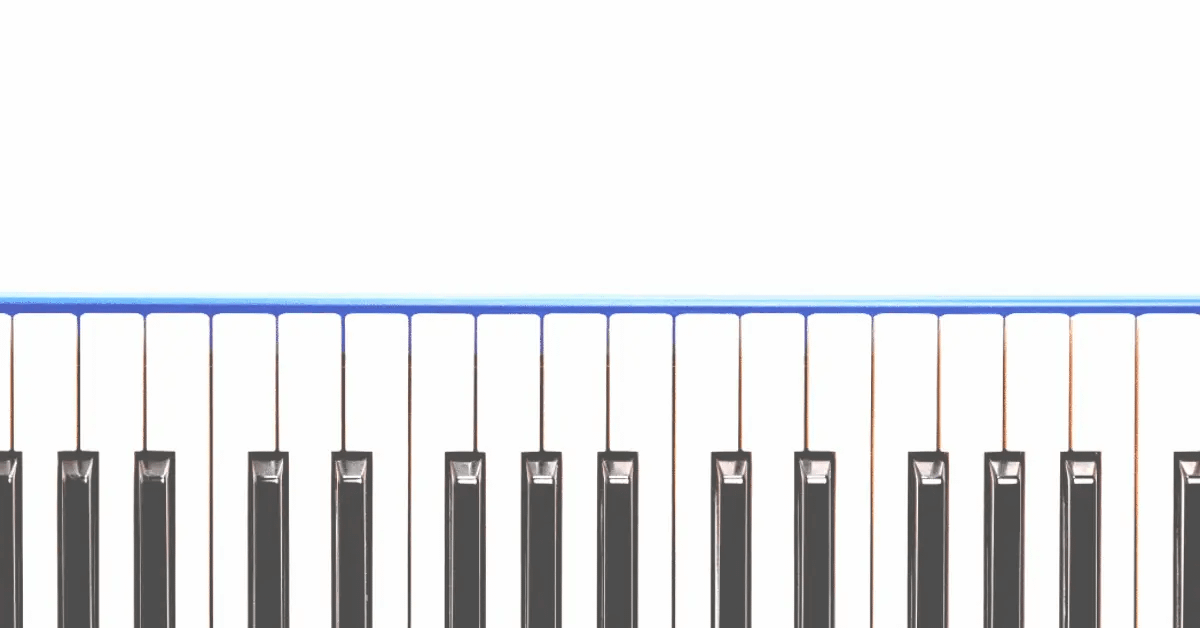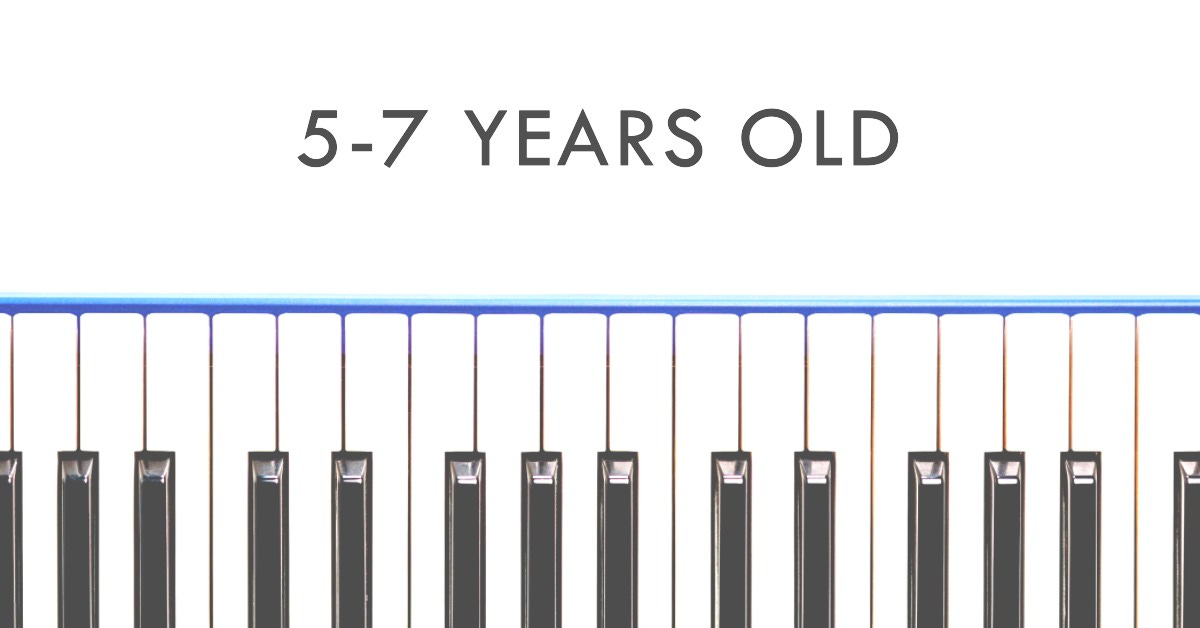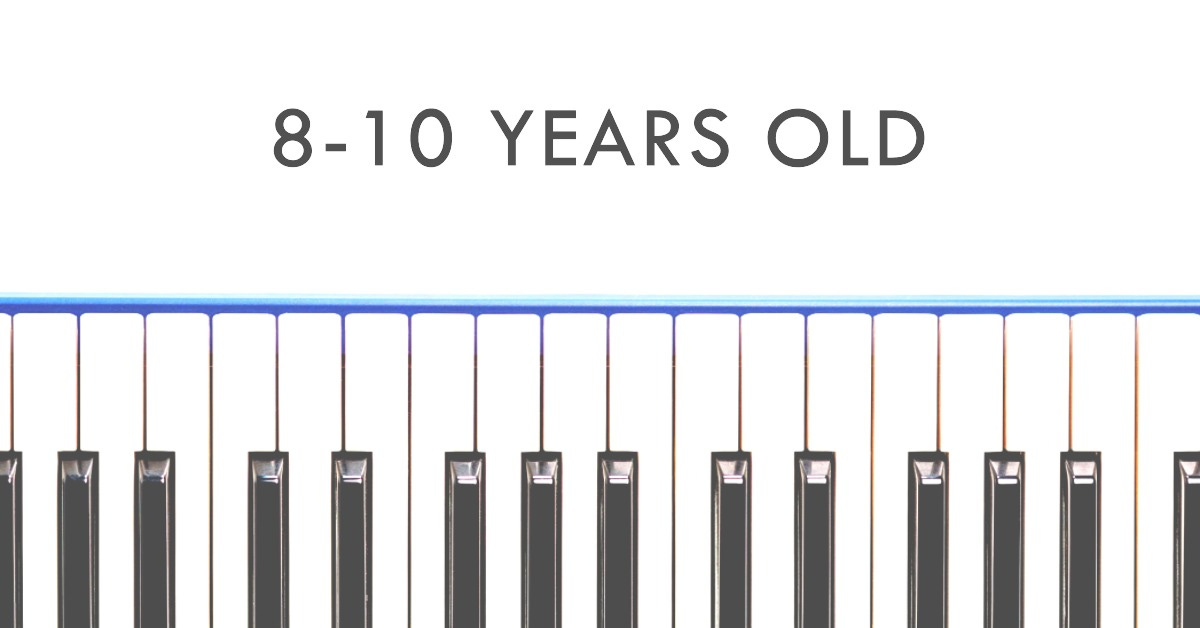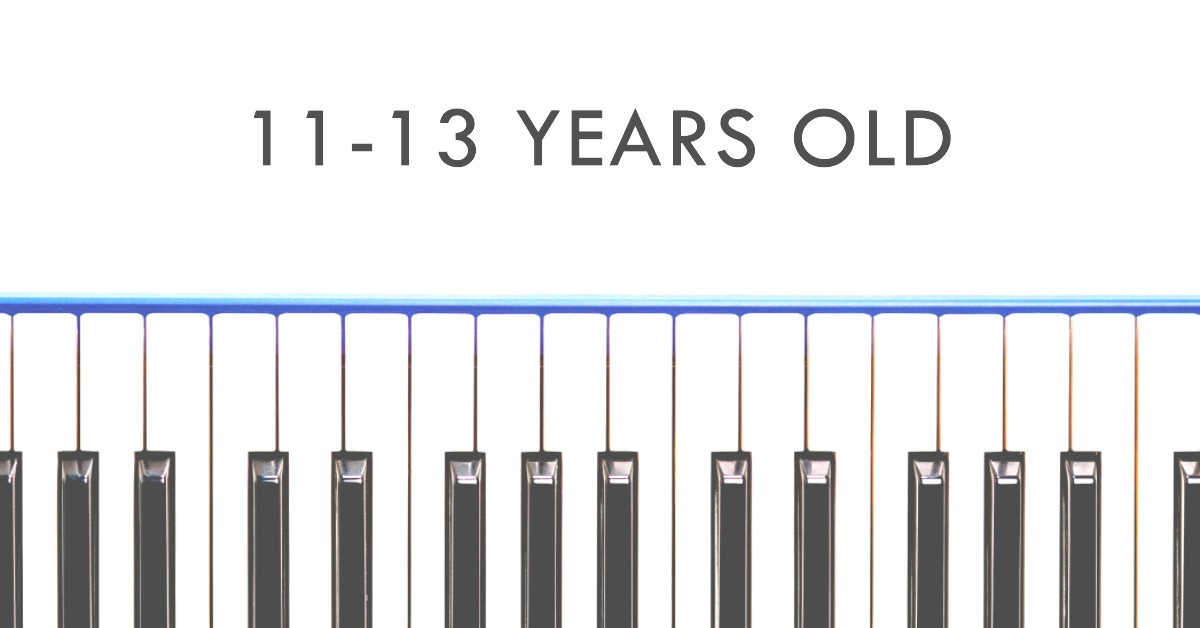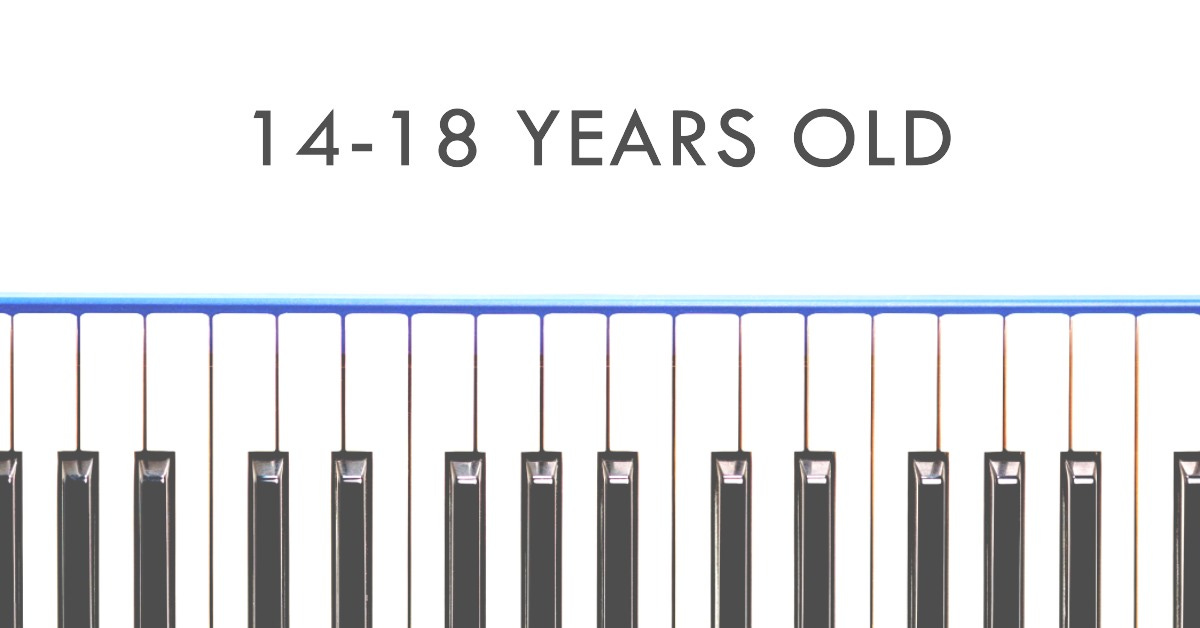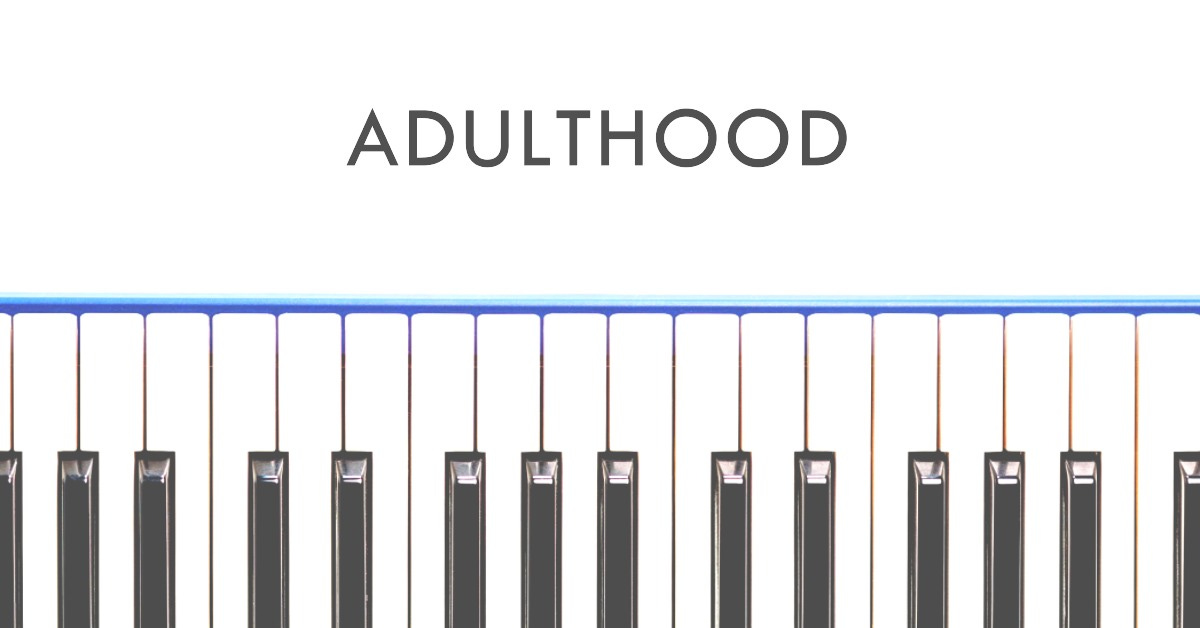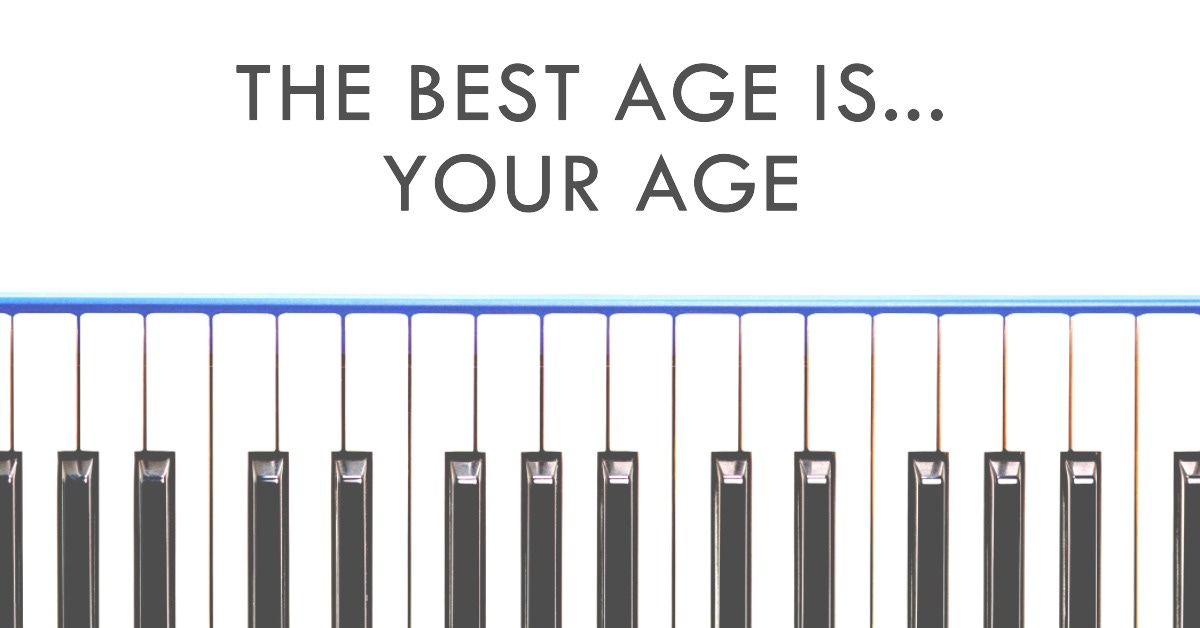Best Age to Learn Piano🎹: When to Start Piano Lessons for Kids & Adults
Wondering the best age to learn piano or start lessons? Discover the ideal age ranges for children, teens, and adults to begin piano or keyboard, plus tips for success at any stage.
Learning piano can be one of the most rewarding musical journeys no matter when you start. Whether you're wondering about the best age to learn piano or thinking about lessons for your child, there’s a right time for everyone.
This guide breaks down the pros and cons of starting piano at different stages of life, so you can find the right age to learn piano—for yourself or someone you love.
Ages 5–7: A Great Start for Musical Growth
Many consider 5 to 7 years old the best age to start piano lessons. At this stage, kids absorb new skills like sponges.
Their brains are rapidly developing, making it the perfect time to introduce music. Lessons during these years help with:
Rhythm and timing
Finger strength and coordination
Recognizing notes and musical patterns
Creative expression through sound
Establishing a lifelong love of music
While attention spans may be short, fun and engaging lessons can go a long way. With the right teacher and support at home, this is a good age to learn piano.
Ages 8–10: The Sweet Spot for Starting Strong
Between ages 8 and 10, kids have stronger focus, better hand coordination, and are ready to read music more easily.
This age is often seen as the best age for piano lessons because children can:
Practice longer with better focus
Grasp music theory and notation
Start learning scales and finger techniques
Perform simple songs confidently
They’re mature enough to progress steadily—without losing the joy of play.
Ages 11–13: Independent Learning Begins
In the preteen years, students want more independence—and that shows in how they approach music.
At this right age to learn piano, they can:
Learn complex rhythms and play advanced songs
Choose pieces based on their personal tastes
Develop a consistent practice routine
Express themselves more confidently through music
The challenge? Balancing piano with school and hobbies. The key is to let them explore music they love while keeping progress steady.
Teenagers (14–18): Driven by Passion and Goals
Many teens between 14-18 years old have a passion and drive when learning piano. They are able to set goals, manage a practice schedule, and commit to regular lessons. Some benefits include:
Learning more advanced classical and contemporary songs
Ability to play accompaniment for vocals or instruments
Gaining a creative emotional outlet
Using practice time independently to progress skills
Potential to join bands, accompany school musicals, etc.
Really cultivating a love of music and piano is key during the teenage years. Allowing some freedom in musical selection can ensure skills keep progressing.
Adulthood: It's Never Too Late to Learn
Think you missed your window? Think again.
While kids might learn faster, adults often learn deeper. They bring focus, self-motivation, and emotional connection to the music.
Why adults succeed at piano:
They choose pieces that inspire them
Use apps and tools to stay consistent
Practice intentionally and patiently
Enjoy a relaxing, artistic hobby
For many, the best age to start piano lessons is adulthood—because they finally have the time, resources, and motivation.
So… What’s the Best Age to Learn Piano?
The best age to learn piano is the age you—or your child—are right now.
From curious kindergartners to motivated retirees, anyone can start and thrive. The secret lies in:
Choosing music that excites you
Practicing consistently (even 15–30 minutes a day helps!)
Staying patient and celebrating small wins
Don’t let age be a barrier—let it be your strength.
Common Questions About Piano Lessons
Is it too late for me to start learning piano?
Not at all! Adults often have better discipline and emotional connection to music. With consistent effort, you can absolutely learn and enjoy playing.
What if my child gets frustrated?
That's normal! Make practice fun and low-pressure. Use shorter sessions with songs they love. And take breaks when needed—it should stay joyful.
How often should I practice?
Aim for daily sessions of 15–30 minutes. Consistency matters more than duration. Mix up music styles and skills to stay motivated.
Should I learn to read music or play by ear?
Ideally, both! Reading music opens up more pieces, while playing by ear builds listening skills. A blended approach works best.
When can I start playing my favorite songs?
That depends on your pace and practice. Set mini-goals and enjoy the journey—before you know it, you’ll be playing tunes you love.
Ready to get started? No matter your age, piano can be an enriching part of your life. All it takes is that first step.


